As reported by Thanh Nien Newspaper, on June 15, the Ministry of Education and Training issued Circular 11/2023/TT-BGDDT on abolishing Circular 23/2014/TT-BGDDT (issued in 2014) regulating high-quality training at university level.
Many university training institutions said that with the introduction of the Law on Higher Education (GDĐH) supplemented and amended in 2018, the construction and development of high-quality programs and different types of programs are under the autonomy of universities. Universities can use the concept of "high quality" to name their programs, without being bound by the conditions specified in Circular 23. The important thing is that universities must affirm the quality of the program, explain to stakeholders and the whole society about what the university has committed to output standards and quality assurance conditions to be worthy of that name.
N MANY SCHOOLS ARE NOT AFFECTED
According to Associate Professor Vu Thi Hien, Head of Training Management Department, Foreign Trade University, the abolition of Circular 23 does not affect the training and enrollment work in 2023 and the following years of high-quality programs at the school.
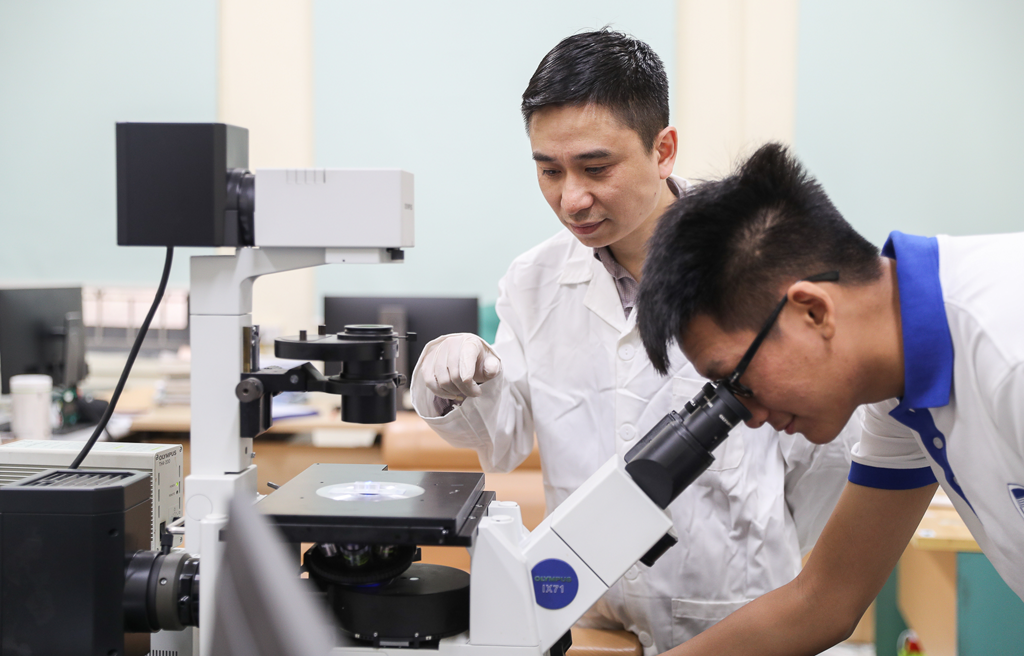
Students of Hanoi National University. This is one of the training institutions with high quality programs.
The school's high-quality programs are built with higher output standards and quality assurance conditions than standard programs, and meet at a level that is significantly higher than the standards specified in Circular 23. The school will continuously improve and update high-quality training programs in the direction of integrating international standards into the professional pillars of the program, increasing flexibility, integrating models to exploit students' creative capacity and practical working skills in an international environment. The school has also clearly positioned its high-quality programs and will promote mutual recognition with prestigious foreign universities/organizations in the world.
Associate Professor Pham Thu Huong, Vice Principal of Foreign Trade University, said that the school’s high-quality programs that have graduated students have all been internationally accredited and meet the requirements of a training program as prescribed. Therefore, in the coming time, the school will continue to implement high-quality training programs and carry out continuous improvement and periodic international accreditation as prescribed.
According to Associate Professor Nguyen Phong Dien, Vice President of Hanoi University of Science and Technology, before the 2018 amendment of the Higher Education Law, the University also had a high-quality program but was called ELITECH (abbreviation of Elite Technology Program). This is a training program with the goal of training high-quality human resources in priority science and technology fields for socio-economic development, and at the same time becoming a model in the school's training system in terms of content, advanced training methods and application of modern educational technology. ELITECH includes programs with a long history such as the talent program, the Vietnam-France program, and the advanced program.
The ELITECH program's tuition fees are mainly based on the advanced program project (implemented in the period 2006 - 2016), the school is allowed to determine the training costs, and then announce the tuition fees (based on the level accepted by society) before candidates register for admission. The school then implements the autonomous pilot project according to Resolution 77/NQ-CP (issued by the Government on October 24, 2014, on piloting the innovation of the operating mechanism for public higher education institutions in the period 2014 - 2017).
When implementing the law, Hanoi University of Science and Technology continues to implement the ELITECH program. "On a national scale, Circular 23 defines what is high quality, so that high tuition fees can be collected. Hanoi University of Science and Technology also relies on some core contents to issue regulations on the ELITECH program. Hanoi University of Science and Technology is an autonomous unit, so it is autonomous in developing training programs with tuition fees appropriate to each program. Therefore, the Ministry's abolition of Circular 23 does not affect the enrollment and training activities of Hanoi University of Science and Technology," Associate Professor Dien shared.
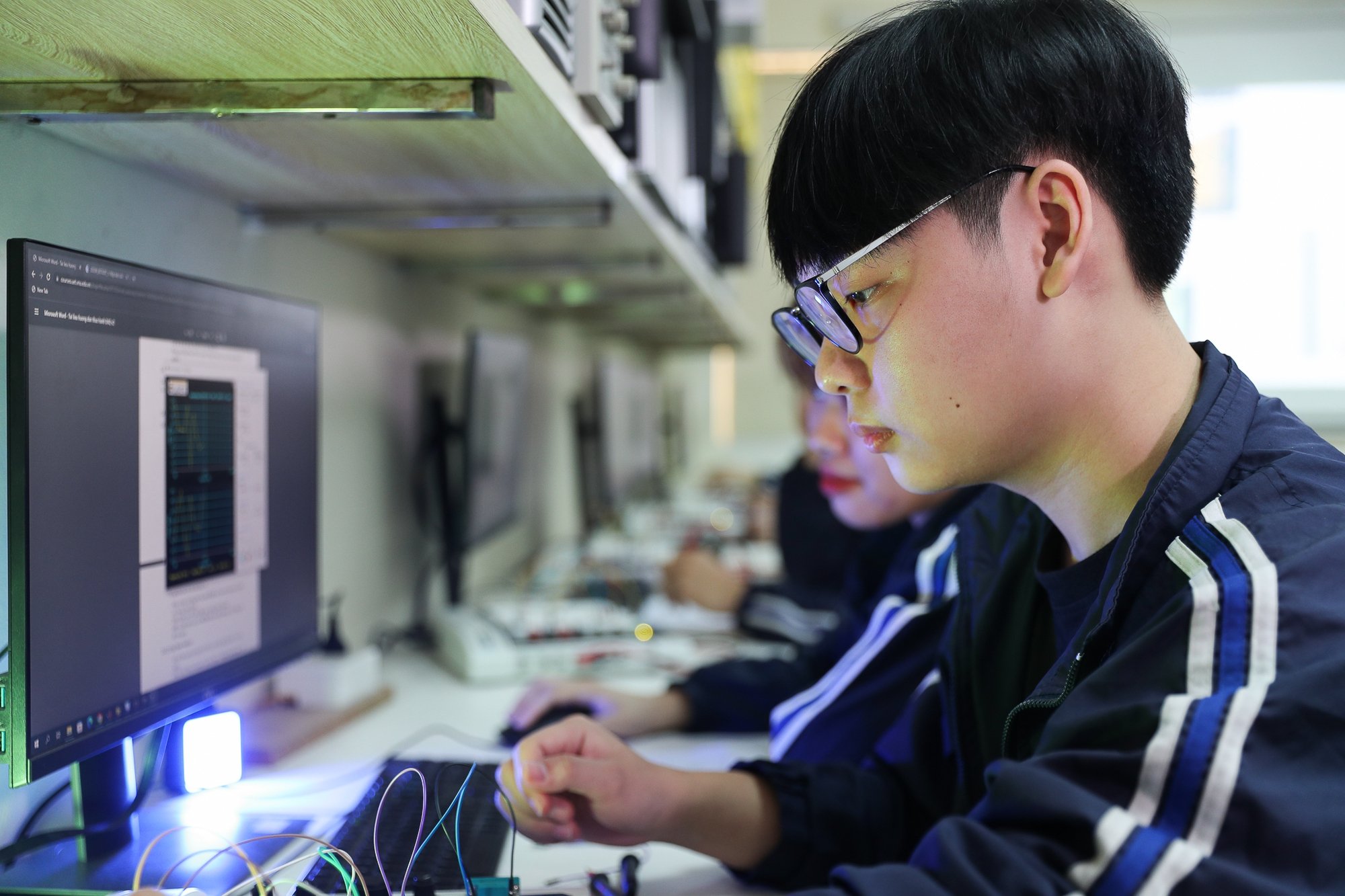
For public universities that are not yet autonomous or are only partially autonomous, the abolition of Circular 23 by the Ministry of Education and Training will raise issues regarding determining tuition fees.
X HOW IS TUITION DETERMINED?
According to Decree 81, universities with autonomy in regular expenditures will be allowed to collect tuition fees at a maximum of 2 times the tuition fee ceiling compared to non-autonomous universities; while universities with autonomy in regular expenditures and investment expenditures are allowed to collect 2.5 times the tuition fee ceiling. This is a regulation that helps autonomous universities easily set tuition fees for high-quality programs, when many universities apply tuition fees for mass programs much lower than the ceiling set by Decree 81. Thus, an autonomous university can set different tuition fees, suitable for mass programs and high-quality programs, while still being completely within the regulations of Decree 81.
However, for public universities that are not yet autonomous or are only partially autonomous, the abolition of Circular 23 by the Ministry of Education and Training will raise issues regarding determining tuition fees. Circular 23 allows universities to determine tuition fees for high-quality programs on the principle of "calculating correctly and fully the training costs for the entire course"; universities are allowed to develop a roadmap to adjust tuition fees for subsequent courses (if necessary)... Now that Circular 23 is abolished, schools must collect tuition fees according to Decree 81. Accordingly, schools that are not yet autonomous will have to collect tuition fees according to the Government's framework regulations. If a training program has passed accreditation, the university will determine the tuition fees for that program based on the economic and technical standards issued by the school.
Dr. Pham Thanh Ha, Head of Training Department of the University of Transport, said that the school currently has 10 high-quality programs, but only half of them have been accredited. The remaining half of the high-quality programs have only been opened for 2-3 years. Meanwhile, according to regulations, newly opened training programs must have graduates before they are eligible for accreditation.
"According to the roadmap, the University of Transport will be granted autonomy by December, while the abolition of Circular 23 will not take effect until December. If everything goes according to plan, the University of Transport will still maintain all current high-quality programs. Otherwise, it will have to stop recruiting students until it is granted autonomy, because these are highly invested programs, and the school cannot maintain them without funding," Dr. Thanh Ha shared.
Removing difficulties for units still stuck in regulations
Associate Professor Nguyen Hoang Hai, Vice President of Hanoi National University, said that although the abolition of Circular 23 is in accordance with the law, some university training institutions will face difficulties due to the lack of appropriate regulations. This is especially true for national universities, which are responsible for piloting new training programs. Therefore, these programs will only be accredited after a certain period of time.
"There are many ways to determine the quality of a training program, to show whether they are allowed to determine their own tuition fees according to Decree 81 or not. Accreditation is also one way. But in my opinion, there are many other ways, even more difficult, such as university rankings. Second, for newly opened programs, schools are allowed to participate in the accreditation of training programs with foreign accreditation agencies, although they are very high quality, but do not require students to graduate before accreditation. They assess the program based on the overall other programs of the training institution, and they have methods to determine whether the newly opened program is good or not," Associate Professor Hoang Hai proposed.
Source link


![[Photo] Party and State leaders commemorate Uncle Ho in Ho Chi Minh City](https://vstatic.vietnam.vn/vietnam/resource/IMAGE/2025/4/29/af98c337ab8b4d709c4391d877642b4a)
![[Photo] Special supplement of Nhan Dan Newspaper reaches readers in the south](https://vstatic.vietnam.vn/vietnam/resource/IMAGE/2025/4/29/cbaf889a1edf4201b172de308c84dfab)






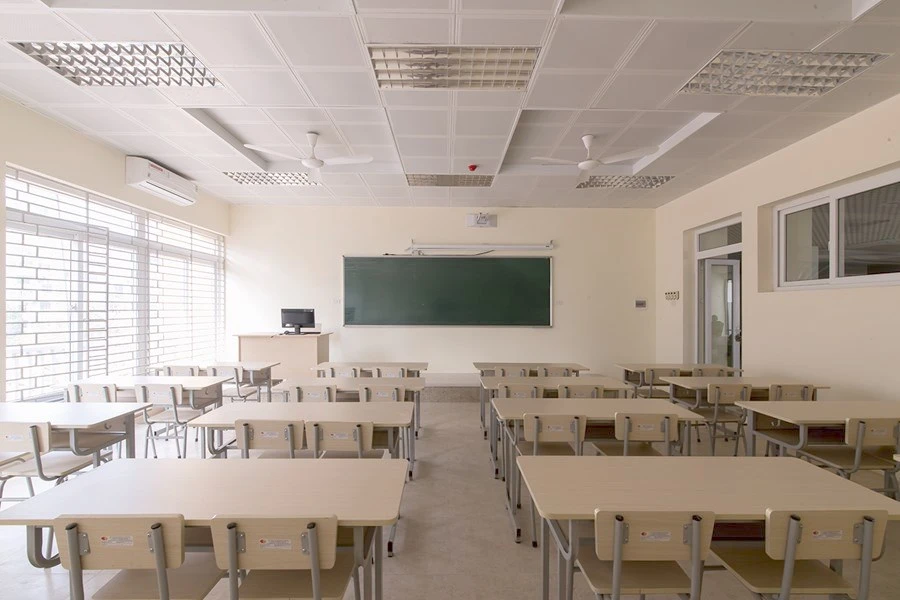

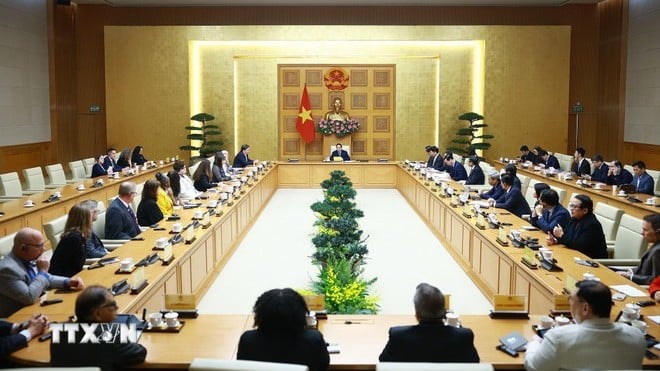

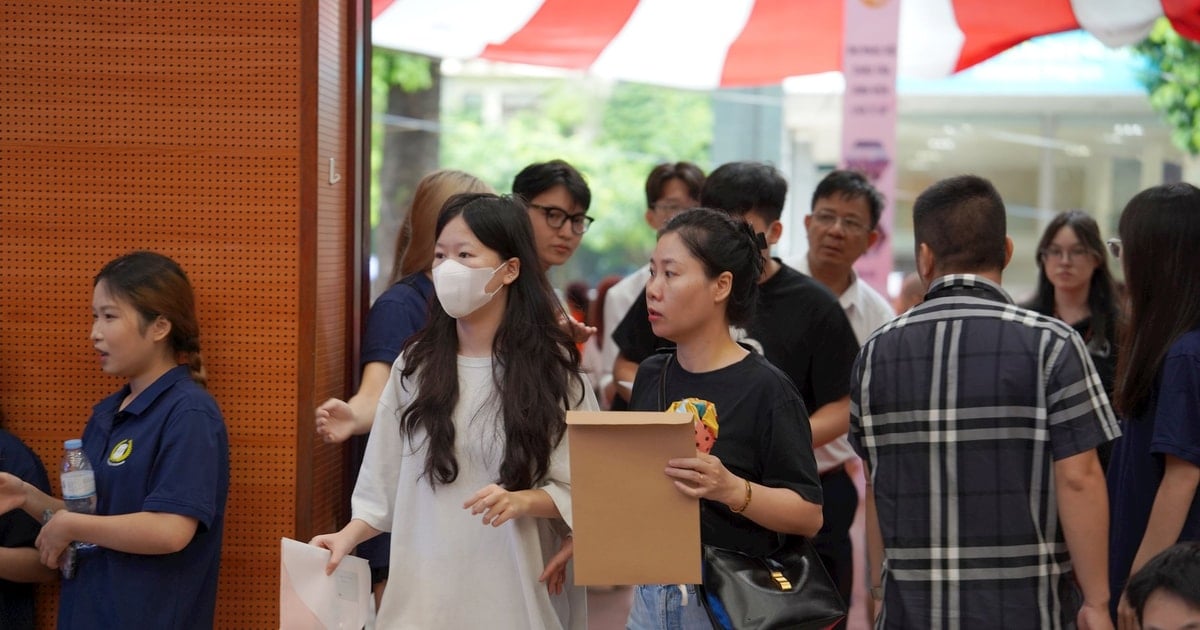

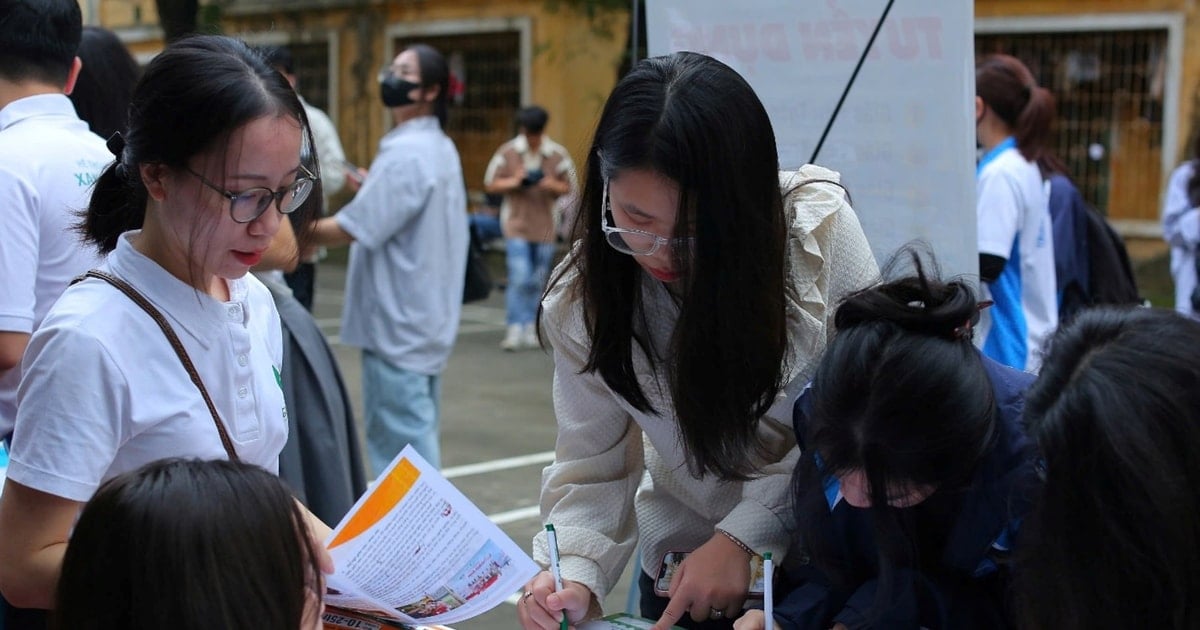
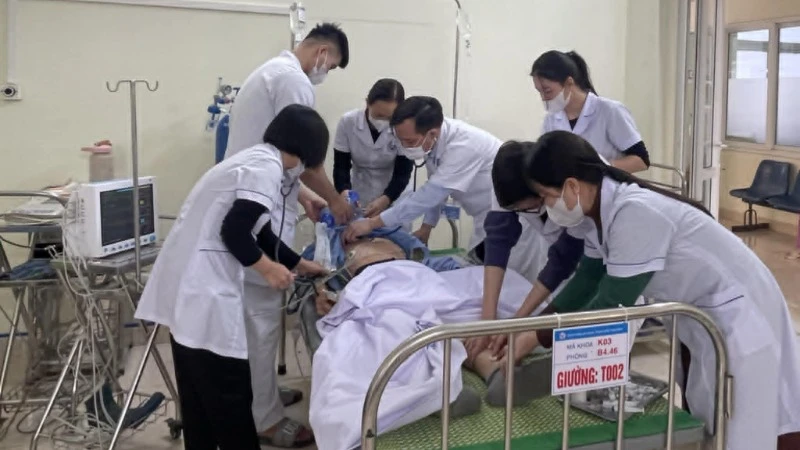

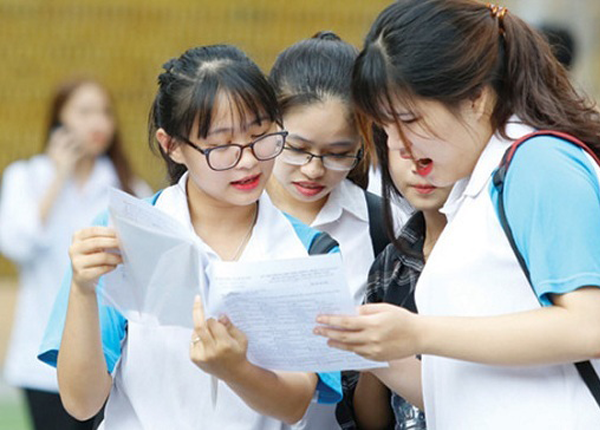
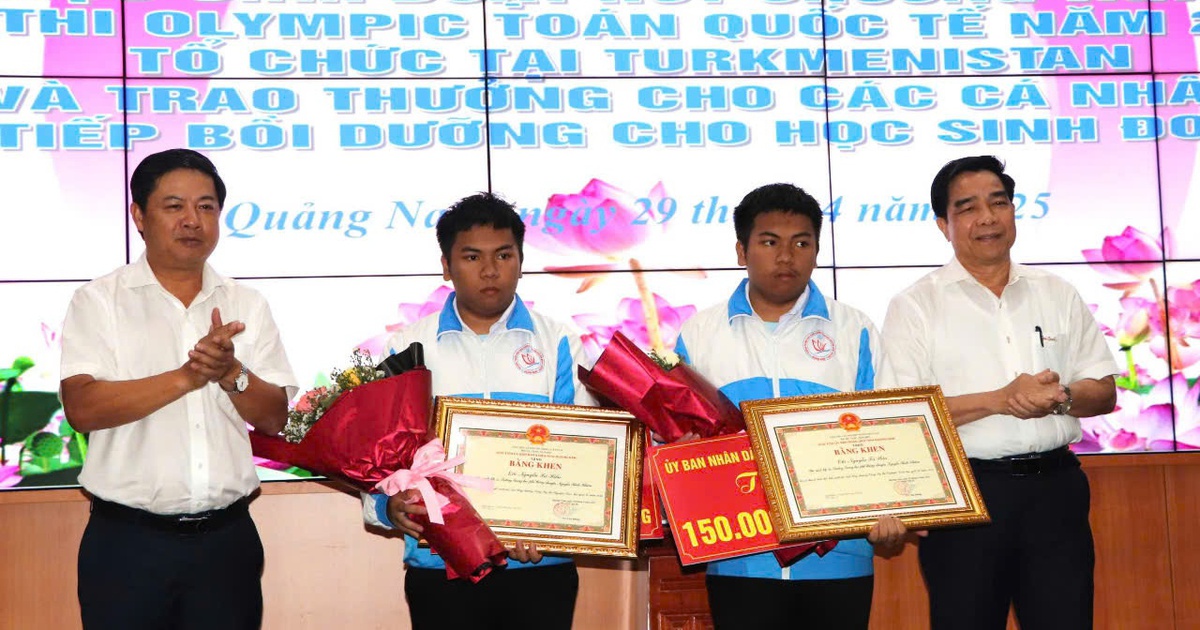
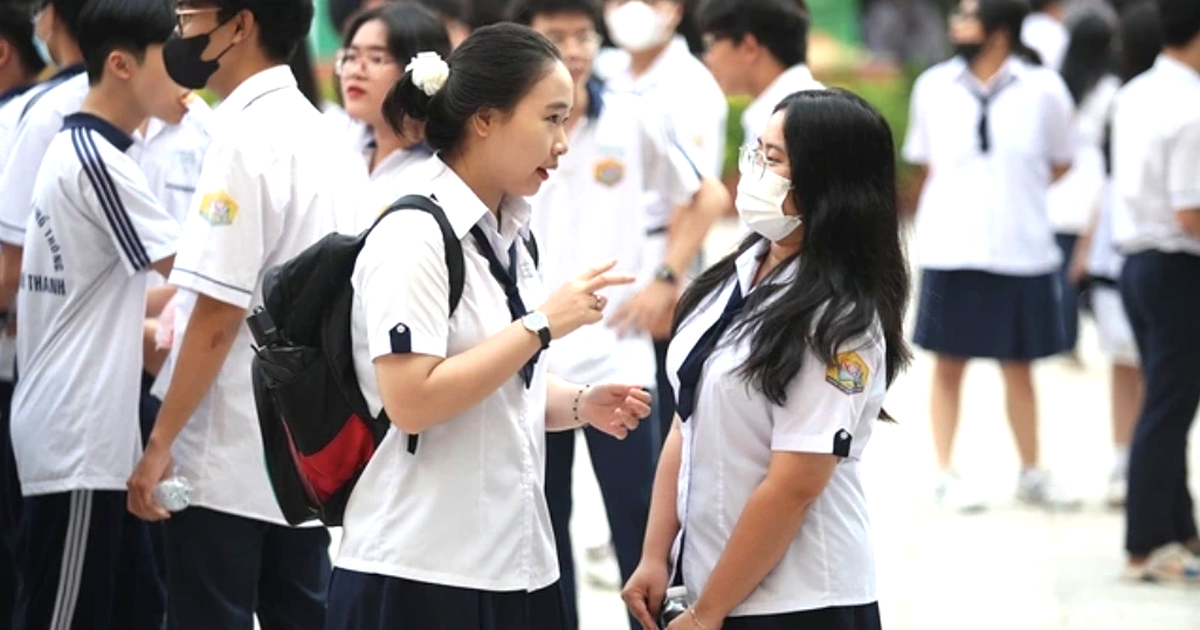

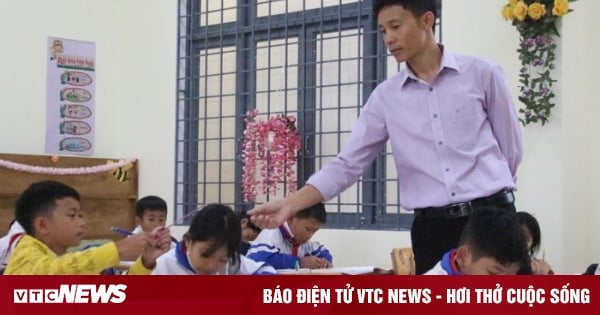




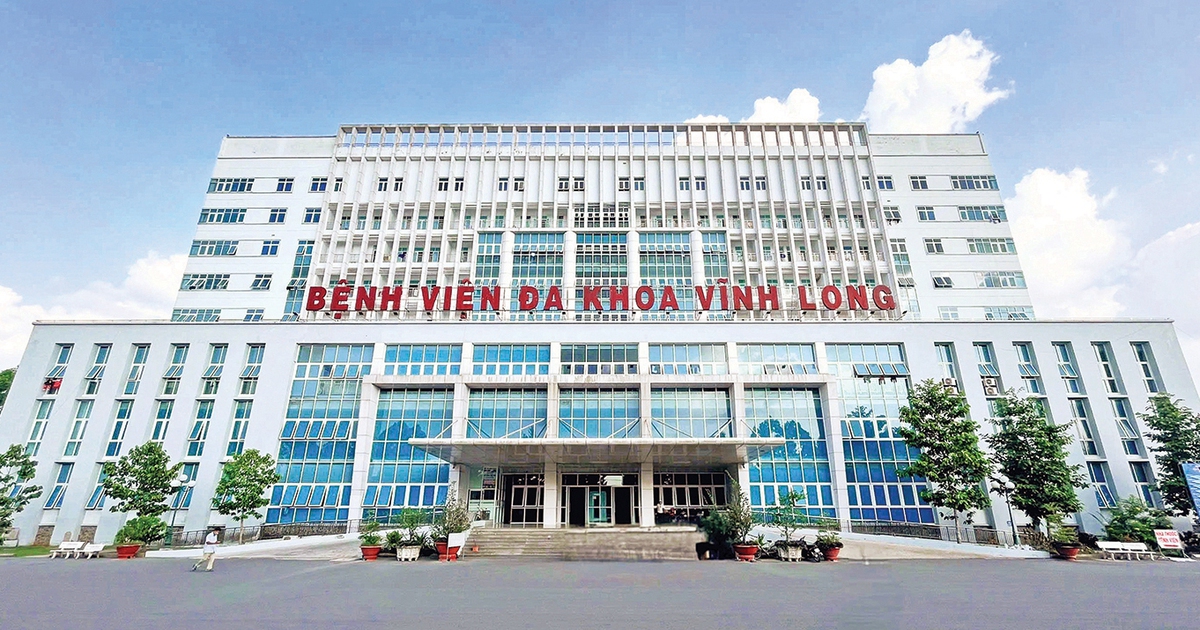

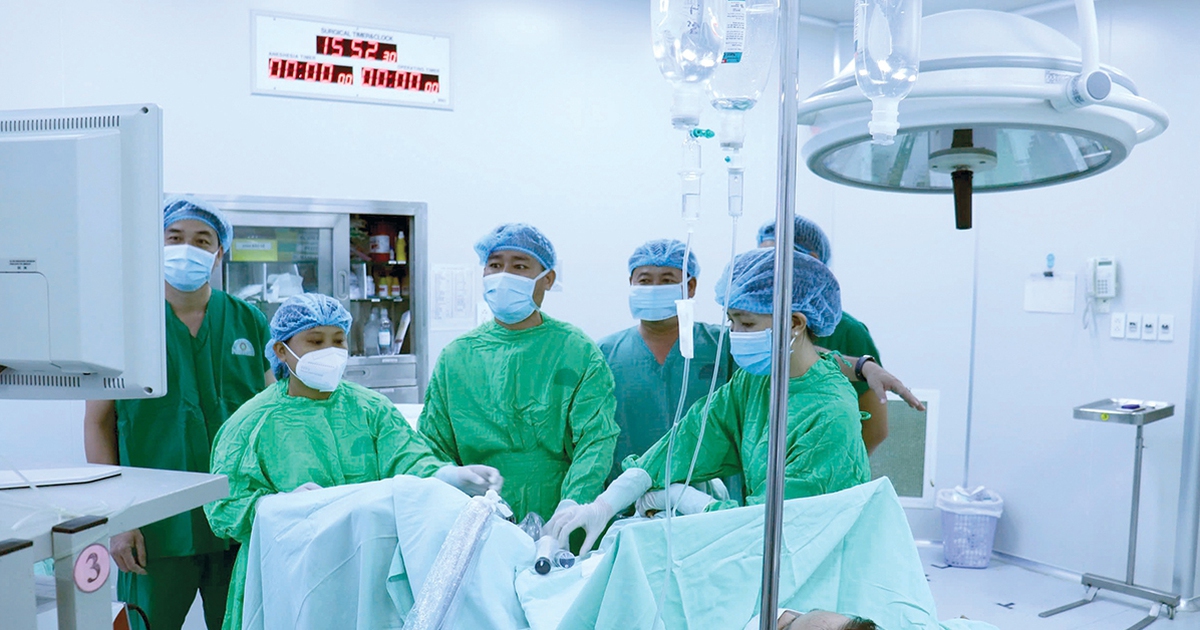













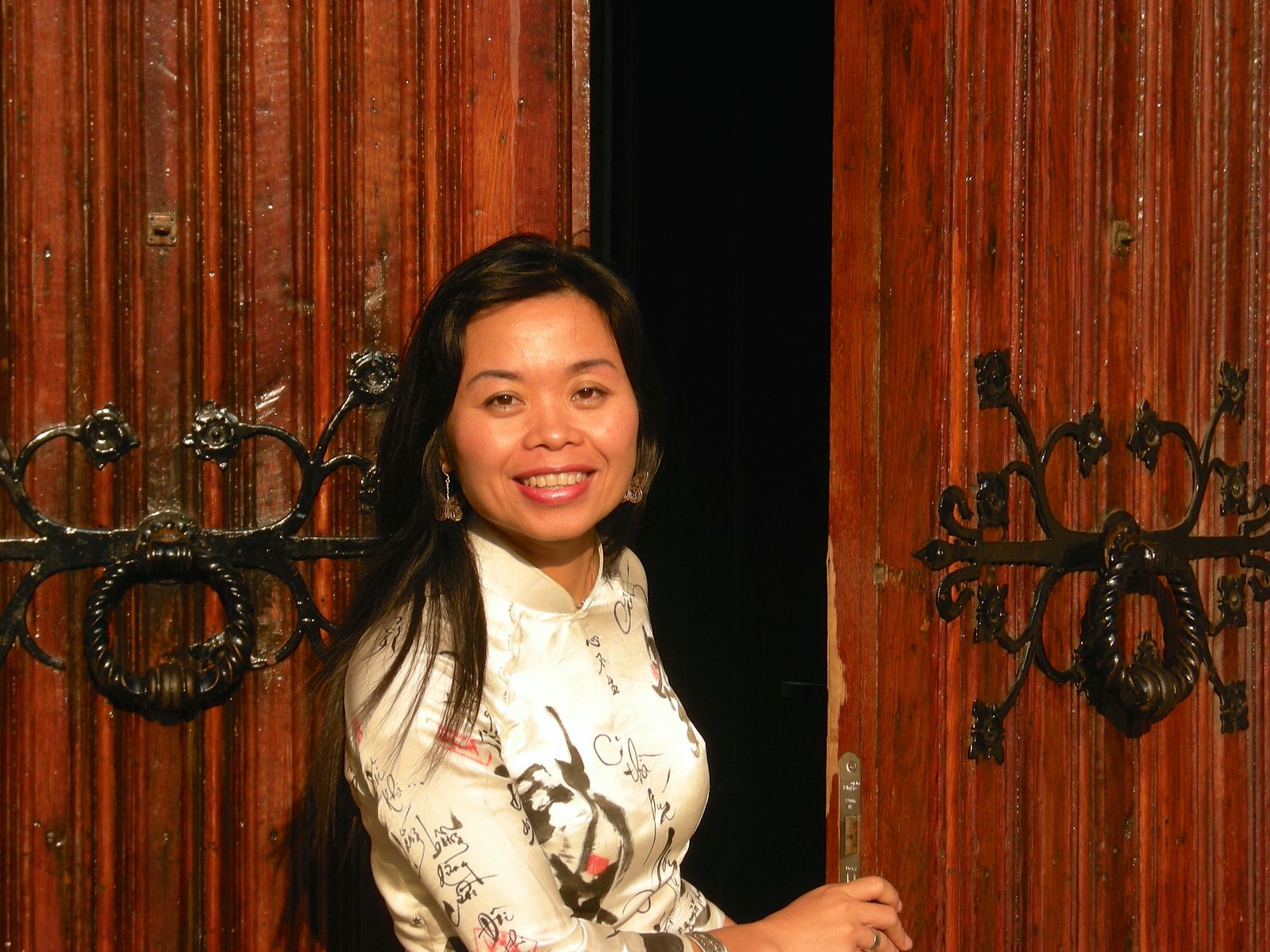

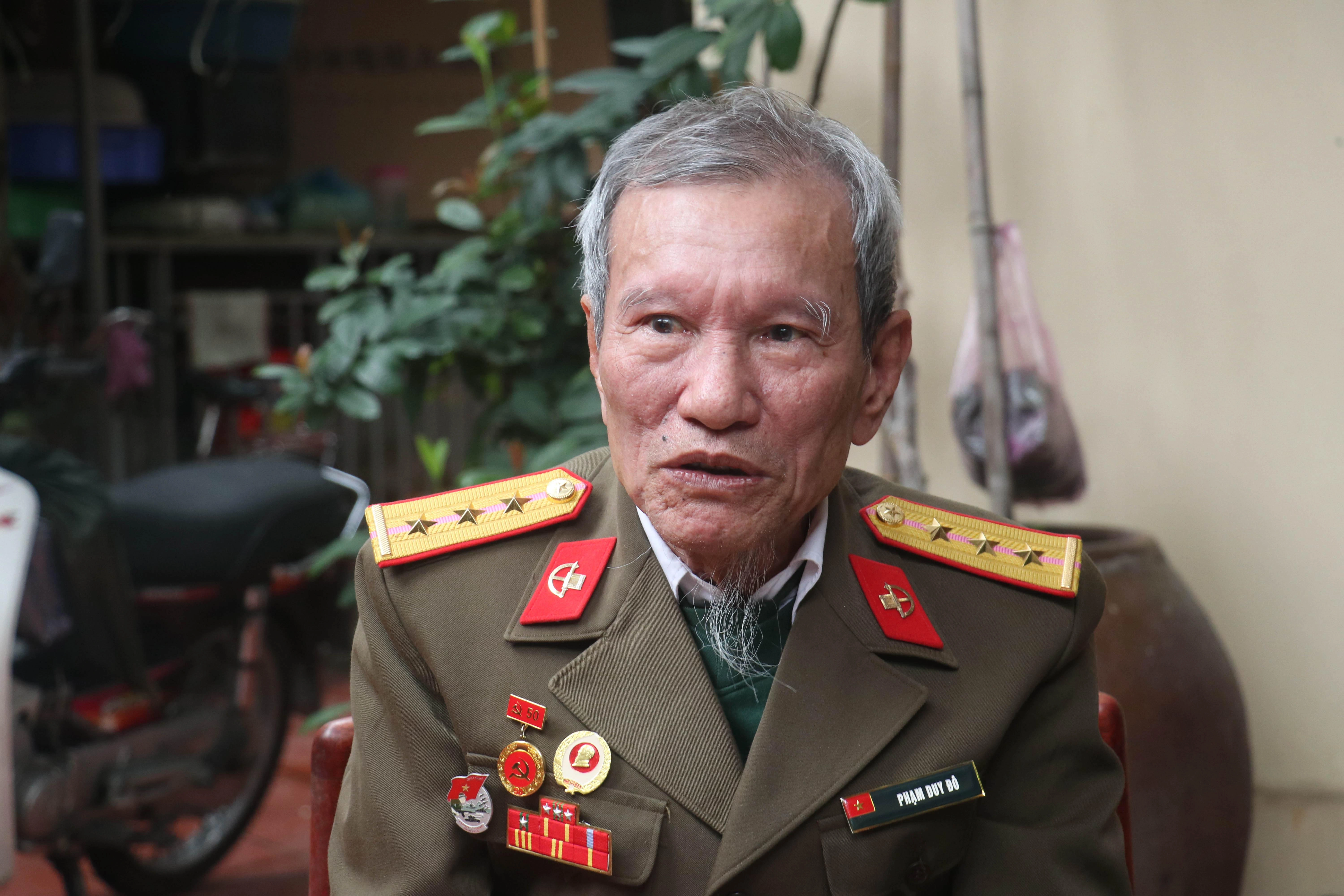

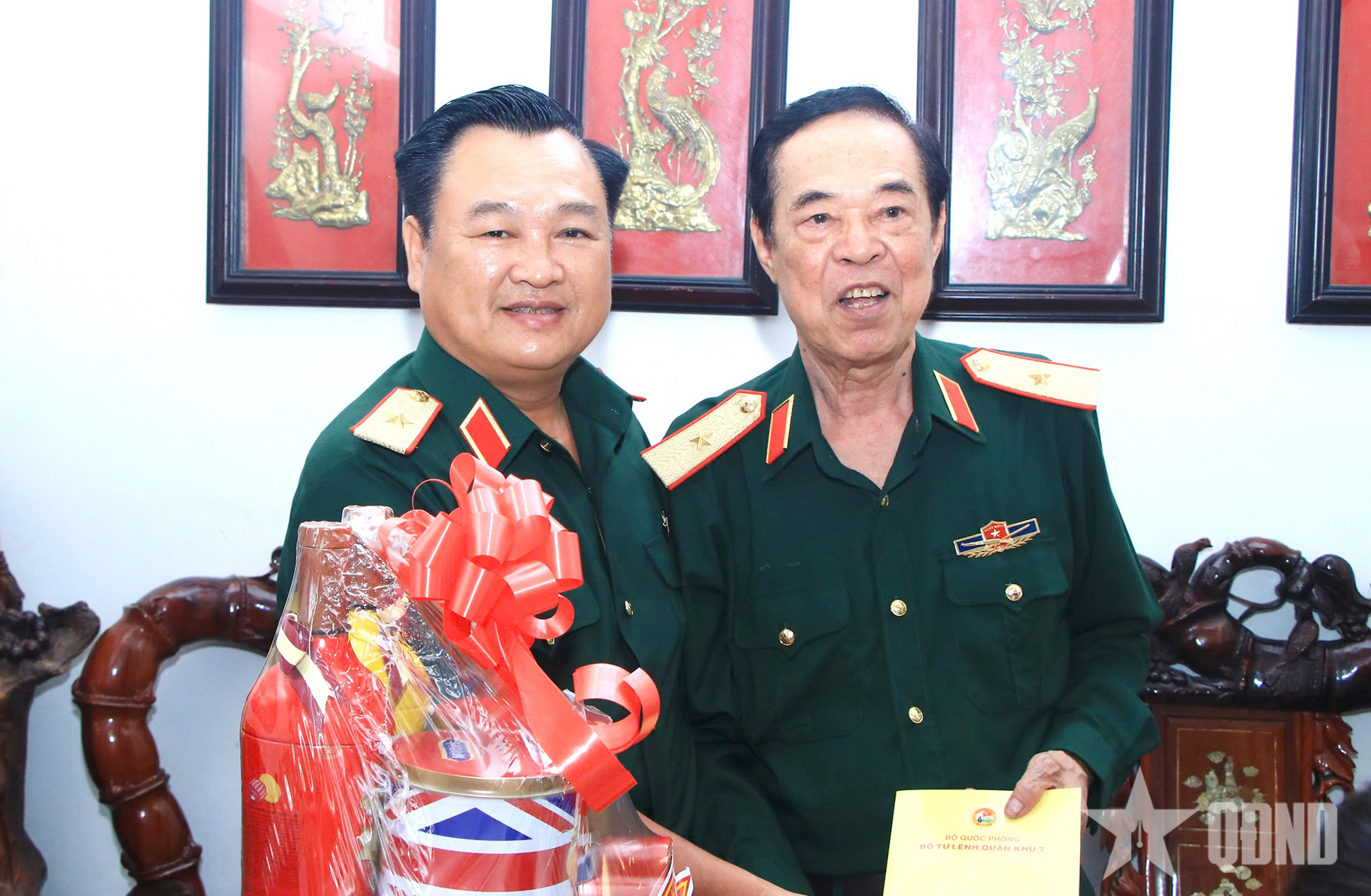













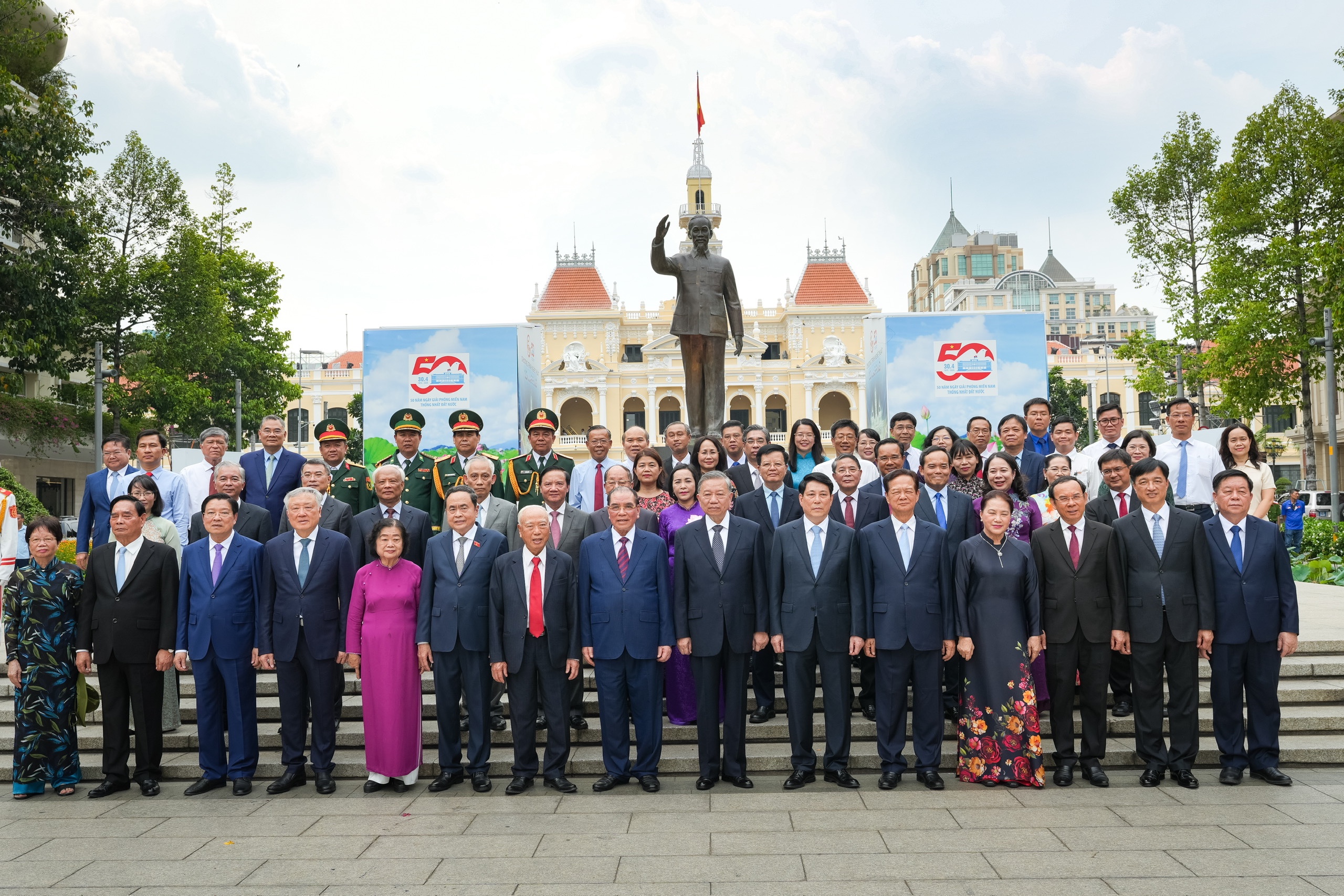
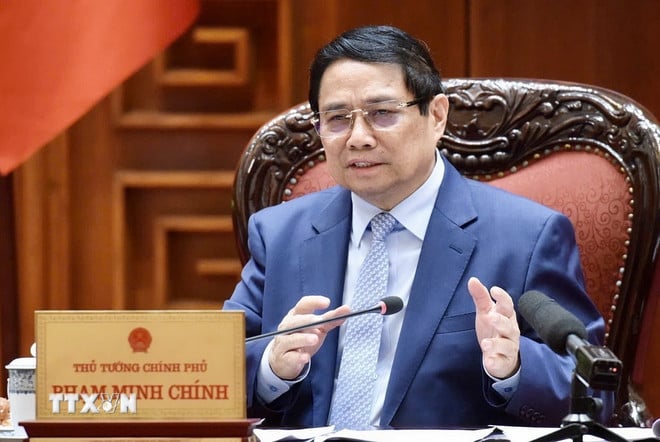



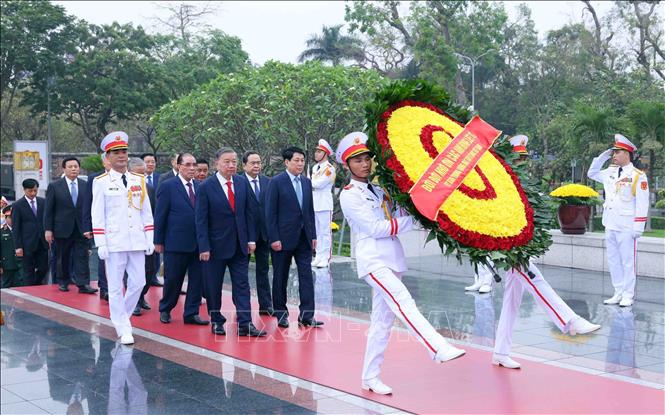



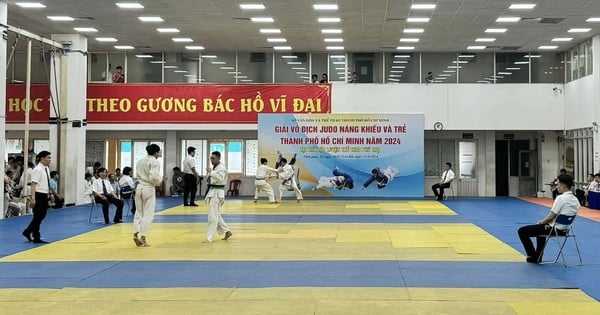
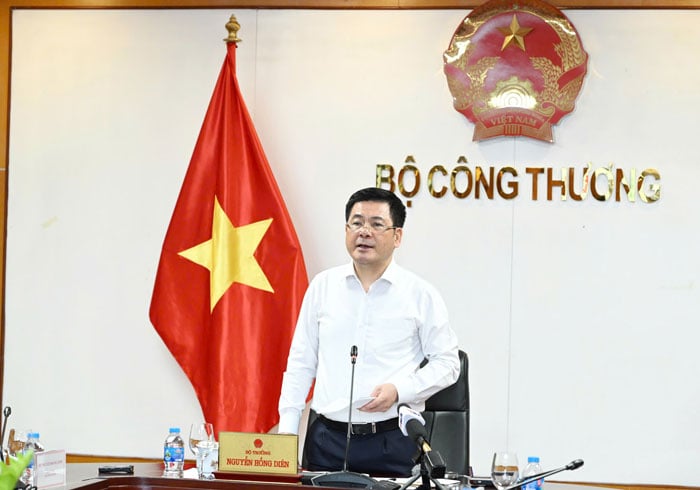


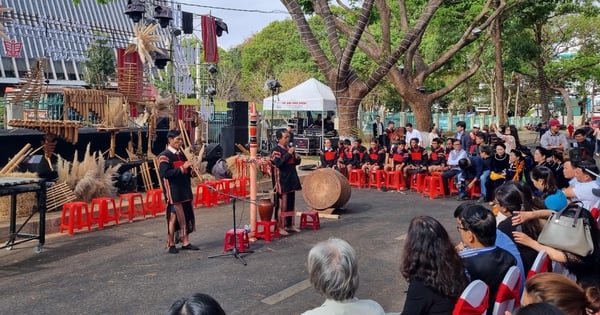
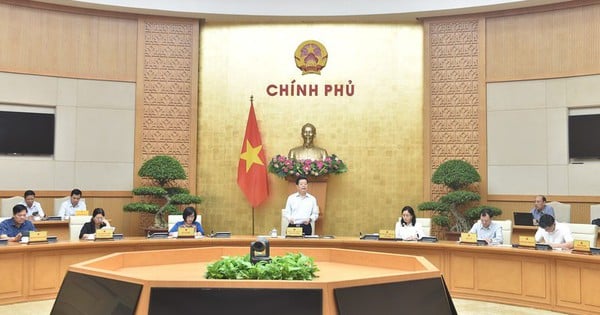
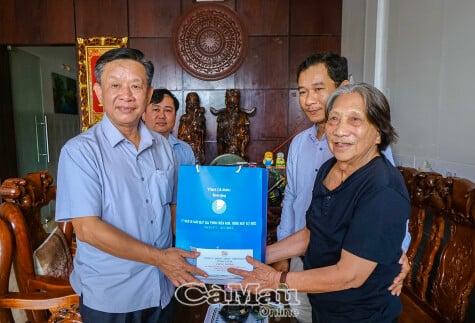





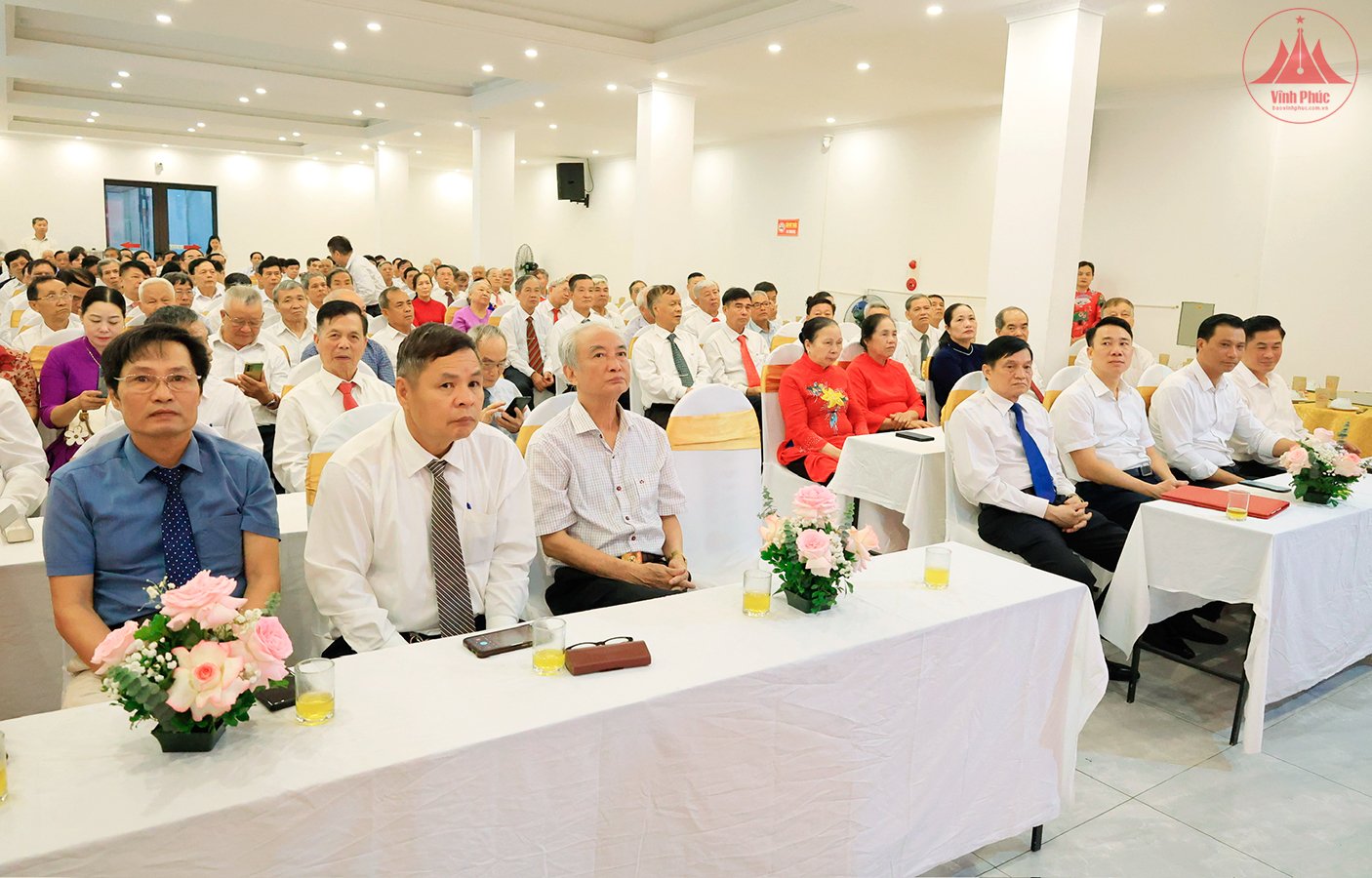
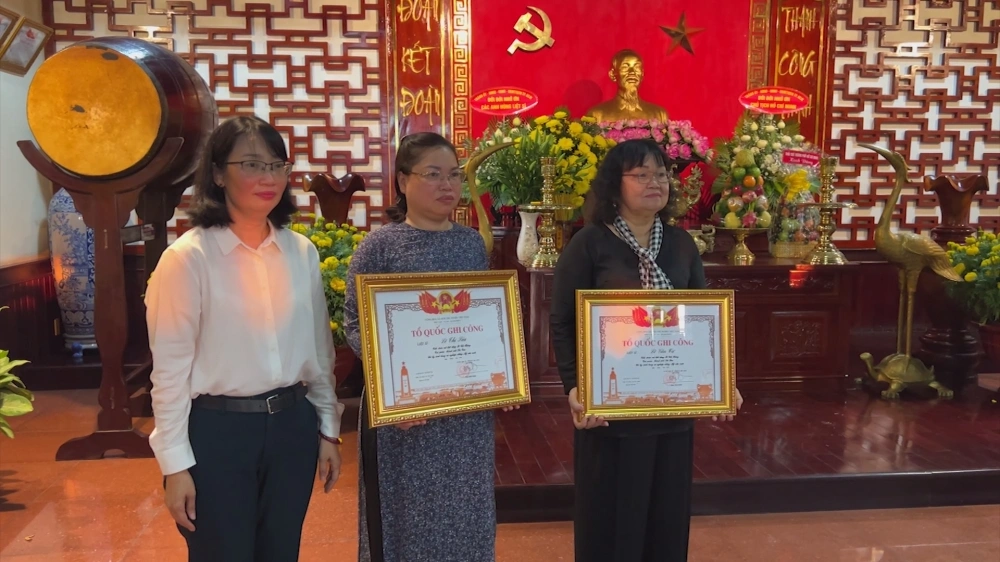




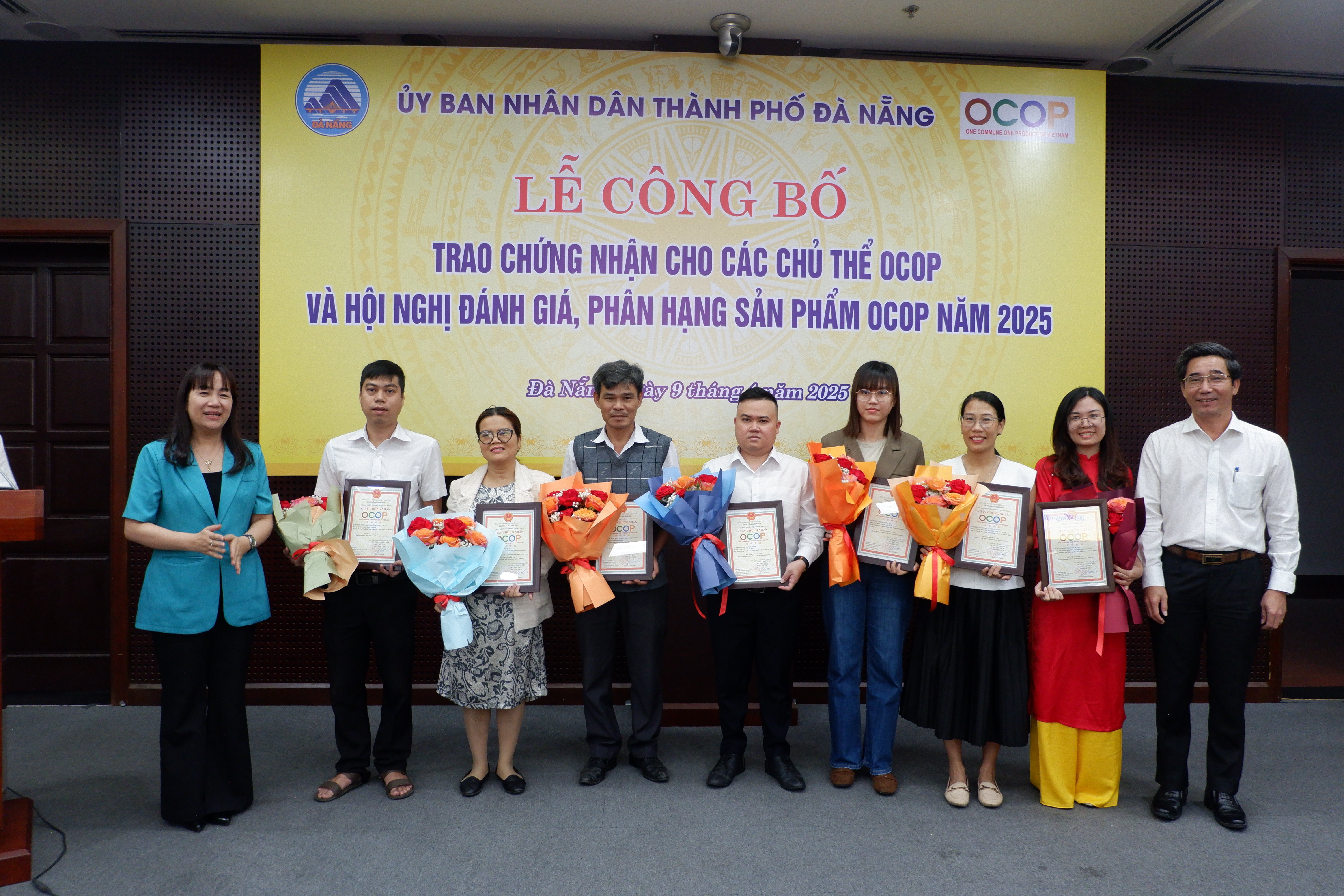



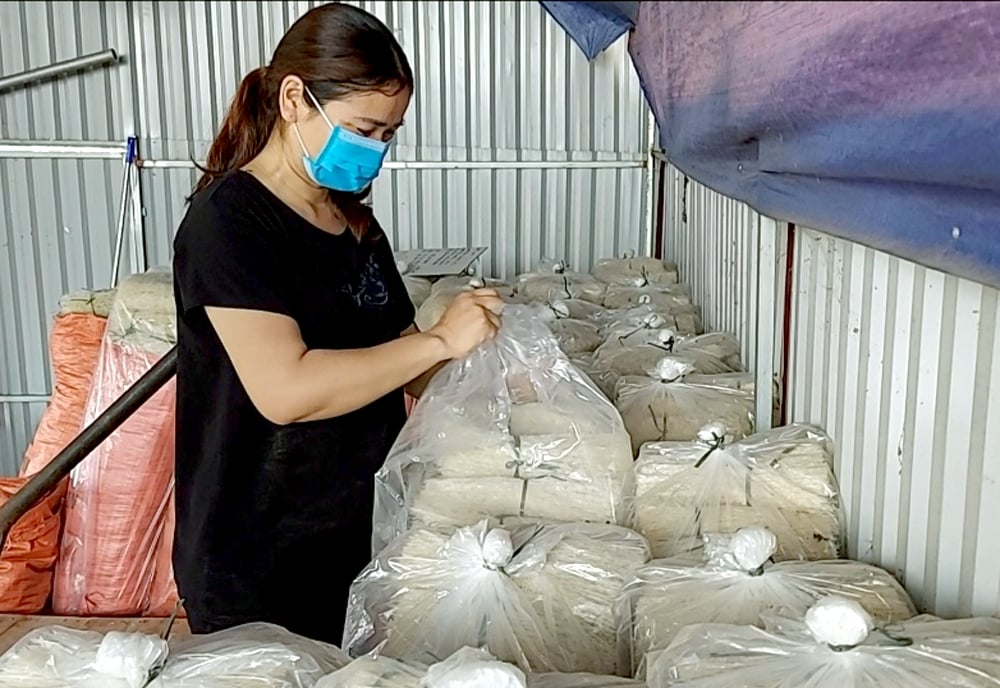

Comment (0)